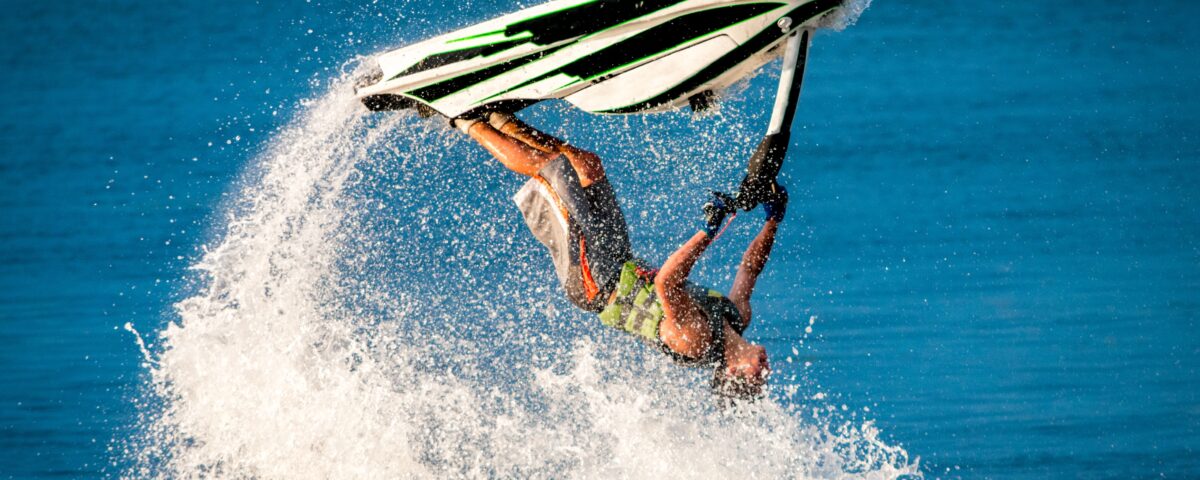
Vaccination Debate: Flu Shot or Not?
December 18, 2024
What to Do During a Rough Flu Season
December 18, 2024Temperatures are ramping up and everyone is looking for a little relief. Chilling lakeside, poolside, seaside– any side with water– is the way to go. But before you jump in and pick up a new sport, you should check your water sport safety knowledge.
True or False:
Strong swimmers don’t have to wear life jackets
This one is False. Everyone should wear a lifejacket during any water sport activity including (but definitely not limited to): jet skiing, boating, wake boarding, kayaking, kitesurfing and water skiing.
Sharks are not a major concern during the summer
True! Sharks are not a leading cause of injury or death during water sport activities at any time of the year in any part of the world. You’re more likely to be hurt by the water sport itself than by a shark.
Young children shouldn’t participate in water sports
Happily, this one is false. With the proper equipment and supervision, even young kids can have a fun safe time learning a new water sport. Always follow age, size and weight guidelines and don’t trust equipment that is ill-fitting.
Shallow water is safe
False. Young children can drown in shallow water and riptides can develop in shallow areas like sand bars off the shore. Always supervise children and weak or unconfident swimmers should wear a lifejacket.
There are no substitutes for a lifejacket
This is true. Floaties, inflatable tubes, lounges and other flotation devices are never as safe as a lifejacket. A properly fitted lifejacket will stay on and keep a person’s head above water so that, even in bad conditions, they are better able to breath and keep from drowning.
It’s safe to get in the water right away after eating
True! Waiting to swim for 30 min after eating is a myth.
People who can’t swim well shouldn’t do water sports
False. There are plenty of water sports that don’t require strong swimming skills but extra precautions must be taken such as always wearing a lifejacket.
It’s safe to jump in if I can see the bottom
False. Don’t jump into water unless you know the depth. Water might not be as deep as it looks and it’s easy to miss obstructions, even in clear water.
Cliff Jumping is the most dangerous water sport
This one is a trick question– there’s no reliable comparative data for which water sport is the most dangerous. But cliff jumping tops many articles about dangerous water sports. Other water sports that top lists include white water rafting, diving and surfing.
Water isn’t the only thing to worry about
True– exposure to the elements can be just as dangerous. Seek out shade, drink plenty of water, and wear sunblock.




